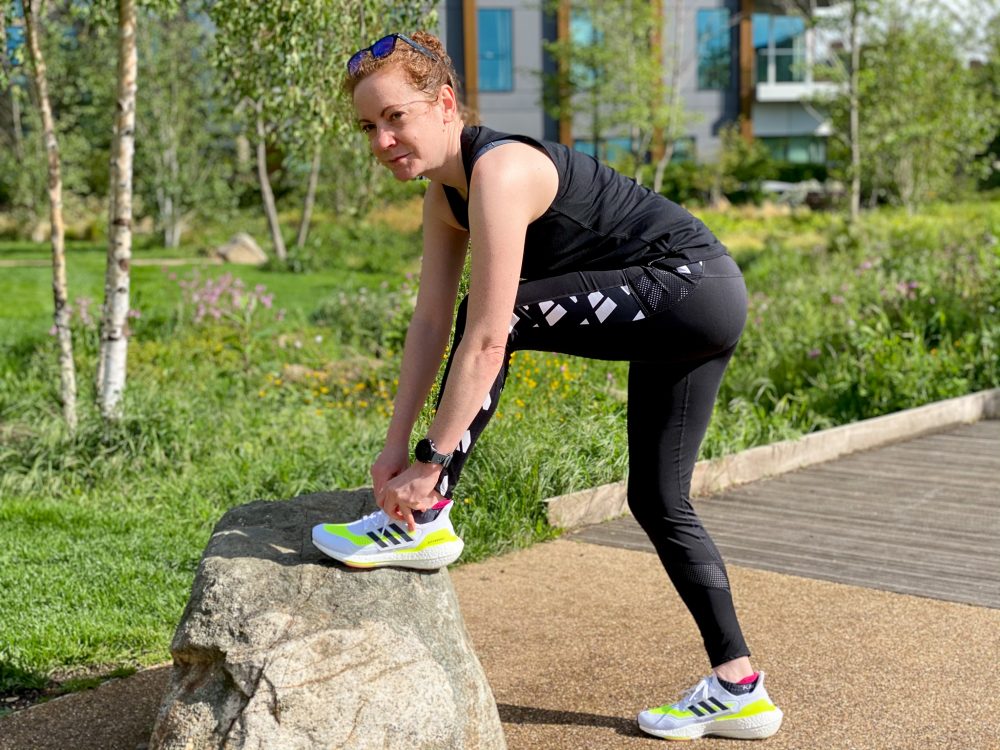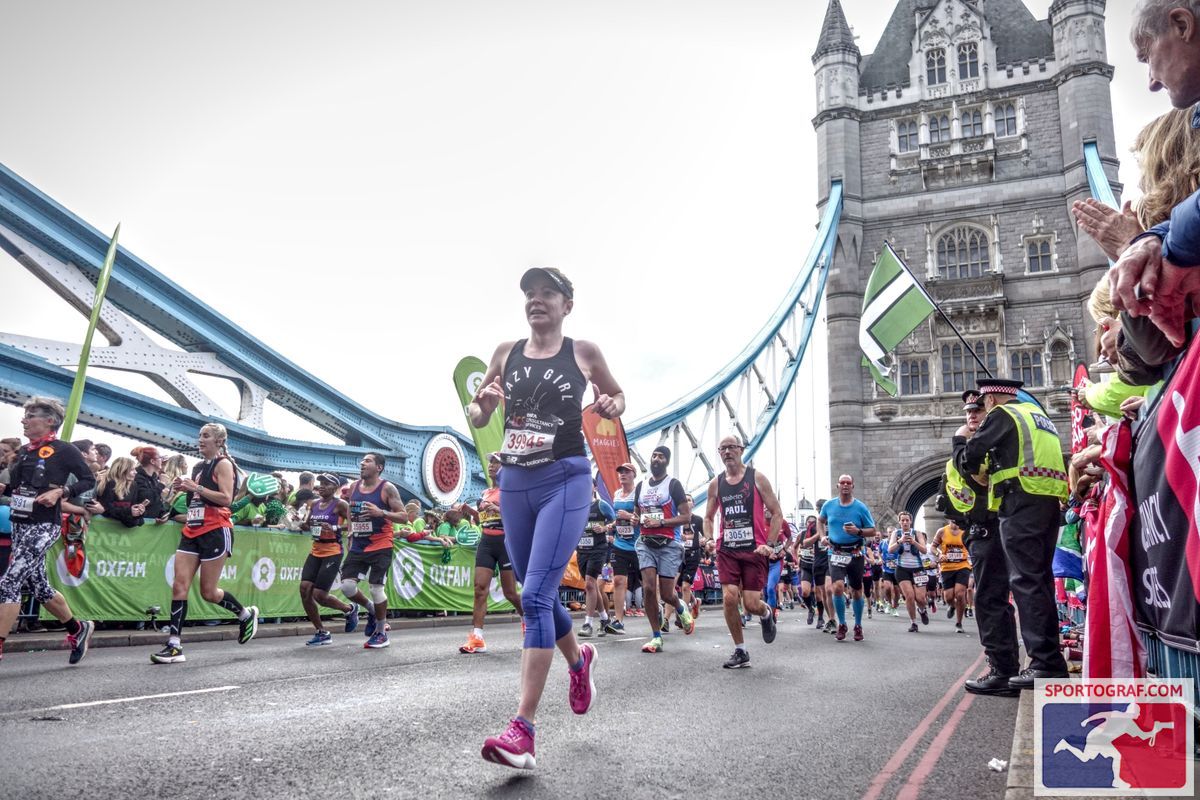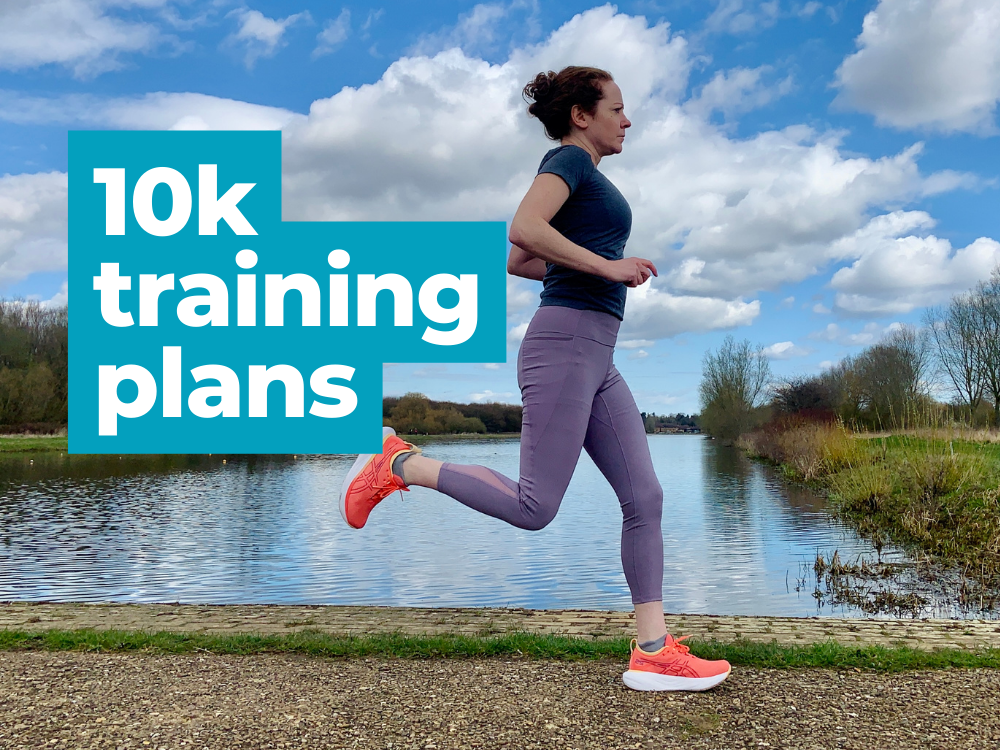Running London Marathon Off Just 10 Weeks Training
Last year I ran the London Marathon after training for just 10 week, and it went pretty well. While I wouldn’t normally advocate a 10-week marathon training plan, the offer came to run London Marathon and the race was only 10 weeks away. So I looked seriously at my training before accepting the place and was sensible in my approach. Here’s what happened.
How much running was I doing before marathon training?
You can’t go from zero to running a marathon in 10 weeks – it’s not sensible and you’ll end up getting injured. So don’t do that. Make running a marathon a long-term goal and start by training for a 5k.
I was already running three times per week and totalling just under 20 miles per week. My longest run was 7 miles. I wasn’t doing any sort of speedwork or interval training, just the occasional parkrun that served as a kind of tempo run.

With 10 weeks to go I ran a long run of 10 miles before accepting the race place. I really didn’t want to accept and then pull out and I knew that if I could do 10 miles fairly comfortably at this stage, I’d be in a good position.
How did my 10 weeks of marathon training go?
I didn’t make any drastic changed to my running. My three runs per week and no speedwork had been working for me since I started running again after a knee injury and so I wanted to stick to that. It’s tempting when you suddenly have a goal to focus on to think you need to throw everything into your training, but that risks over-training by adding too much too soon,
The main goal with marathon training is to get the miles in your legs, so it didn’t matter to me what speed I was running at, I just focussed on distance.
So my frequency stayed the same (3 runs per week) and my intensity stayed low (just easy running) buy volume increased as I added more miles to all my runs.
What was my longest run before the marathon?
My longest run before London Marathon was 20 miles. As a coach I like runners to get to somewhere between 18 and 20 miles as their longest run – no more than this. If they’re planning to take longer than 5 hours to complete the marathon, I encourage them to do a longest run of 3 hours 30 minutes which is often shorter than 18 miles but is plenty of time on their feet.
Looking back at my Strava log, that longest run was part of a 35 mile week. I ran 6 miles easy on the Tuesday and 8.5 miles before breakfast a little bit quicker on the Thursday.
Running London Marathon after 10 weeks training
The race itself went well, but also badly. I finished in 3 hours 56 minutes which I would have been happy with at the start of training, but on race day I knew I had more in me.
I made a bad choice when it came to my race shoes and that really hindered my for the second half of the race. The shoes were too small and my feet were in agony for the last 13 miles.

But I had a great time and the atmosphere was amazing. I’ve run London Marathon twice before (the past two times I qualified for a Good for Age Place) and it was the best one yet. The crowd carried me around and I tried to focus on everything around me – anything other than my feet.
What would I do differently?
I think I did the best that I could to fit in a realistic marathon training plan among a busy life. I was training through the summer holidays having to juggle work and childcare. But I know that I could have done more strength work. A pilates session or two each week could have made some difference.
I’d also have worn different shoes. I chose a carbon running shoe that I knew was slightly small for me – I took a gamble because I know it’s a really fast shoe. But in hindsight, I should have gone for comfort over speed.
If you’re training for a Marathon, don’t leave it until 10 weeks out to train – get yourself a marathon training plan and start now.





